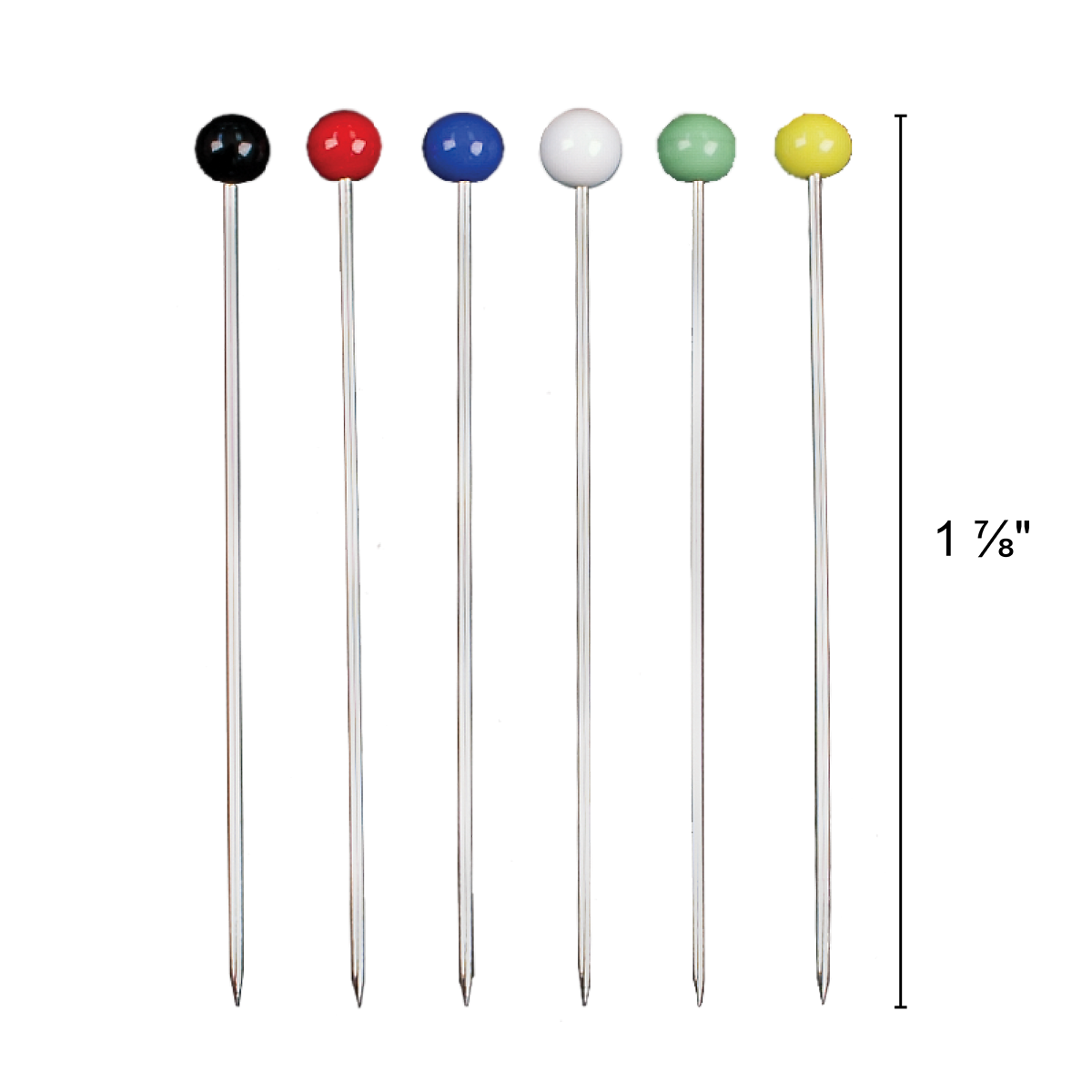 Our Lapel pins are high quality, easy to design, and perfect for promotions and recognition. Get free design advice from our experienced creative team.
Our Lapel pins are high quality, easy to design, and perfect for promotions and recognition. Get free design advice from our experienced creative team.What Is a 'PINS'? A child under the age of 18 who does not attend school, or behaves in a way that is dangerous or out of control, or often disobeys his or her parents, guardians or other authorities, may be found to be a Person In Need of Supervision or 'PINS'. All PINS proceedings are heard in Family Court. Find buttons, pins and ribbons in fun designs. We have colorful buttons for kids and decorative pins to wear for special occasions. Find religious symbols, wedding designs and novelty buttons. Our ribbon pins allow you to support your favorite cause. 888-309-PINS - Custom lapel pins personalized with your design, easy and affordable. Need pins tommorrow? Our PINgineers make creating lapel pins easy! The Pin People ® is a well-respected lapel pin manufacturing company, known for its unwavering commitment to superior quality and craftsmanship, and exceptional customer service. Discover recipes, home ideas, style inspiration and other ideas to try.
With more than 40 years of experience, our team is a leader in the custom lapel pin and emblematic jewelry industries. The manufacturing processes we use result in a premium quality product delivered on time and on budget. Whether you have a large corporate order or a smaller one for your school, team or club, we provide all of the expertise you need to make your pins exactly what you envision.
There's no better way to represent your brand or company, recognize employee achievement, show team spirit, or honor veterans than with high quality, custom pins. We also offer enamel pins and customizable American Flag pins so you can show off your pride in style!
Pins come in various sizes, from .50 inch to 2 inches. Butterfly clutch and rubber clutch is complimentary. Other attachment options include an affordable magnetic backing, safety pin and deluxe clutch.
All custom pins are available with brilliant enamel colors and can easily match a specific shade of color, thanks to the Pantone Matching System. Most custom pins can also be transformed into any shape you are looking for. Need a car? A logo or custom design? The possibilities are endless.

Our all-metal die struck pins offer a classic look in bright gold, silver, and copper or antique finishes.
For large orders of more than 50 pins, enjoy extra savings!
Ordering your lapel pins as a special gift? We offer plastic boxes, velvet pouches and velvet gift boxes to make gift-giving simple and elegant.
Enjoy free standard shipping on all custom pin orders!
Shop Custom PinsFAQs (Frequently Asked Questions)

What Is a 'PINS'?
A child under the age of 18 who does not attend school, or behaves in a way that is dangerous or out of control, or often disobeys his or her parents, guardians or other authorities, may be found to be a Person In Need of Supervision or 'PINS'. All PINS proceedings are heard in Family Court. There is a possibility that the PINS proceeding could be settled outside of court through the Family Assessment Program (F.A.P.) that is run by the Administration for Children's Services (ACS) and the NYC Department of Probation.
What Is the Family Assessment Program (F.A.P.)?
The Family Assessment Program (FAP) was created to offer information and assistance to help families make well-informed decisions about how to resolve problems and concerns without placing children in foster care through a Persons In Need of Supervision (PINS) petition. All families who request PINS services will first be seen by the Family Court Assessment Program social work staff.
Is the Child Represented by an Attorney?

A private attorney may be hired to represent the child or the court will assign an attorney. The child's attorney is called an 'Attorney for Child.'
How Does a PINS Court Case Begin?
A PINS petition may be filed in Family Court by a parent or other person legally responsible for the care of the child, by a peace officer or police officer, by a person who has been injured by a child, or by a school or other authorized agency. The PINS petition contains a description of the child's behavior and asks the court to find that the child is in need of supervision. The petition and a summons must be given to the child and his or her parent, directing them to appear in Family Court on a specific date.
There are no filing fees in Family Court.
Who Presents the Case Against the Child?
The complaining party presents the case at the hearing by testifying about the child's behavior. Sometimes the judge assigns a lawyer to represent the complaining party at the hearing, or the complaining party may hire an attorney.
Pinstripe Alley
If the Child is Beyond the Control of His or Her Parents can the Court Hold the Child in a Secure Facility?
If the court finds that the PINS child should not be released to the custody of his or her parent or guardian while waiting for the fact-finding hearing, the court cannot hold the child in a secure facility. If it appears that a PINS respondent might fail to appear for a scheduled court date, or is at risk of committing an act which would be a crime if committed by an adult, the court may place the child with a relative or other person willing and able to take responsibility for the child or hold the child in a non-secure facility.
What Happens at the Fact-finding Hearing?
In a PINS case, the trial is called a 'fact-finding hearing'. The parties may testify and present witnesses and evidence.
If the judge decides that the child committed the acts described in the petition, the judge sets a date for a 'dispositional hearing'. The court may order the Probation Department to prepare a report concerning the child's general behavior, home life and school attendance and behavior, and may order an evaluation by the city's Mental Health Services.
Pinstripe Alley
What Happens at the Dispositional Hearing?
At the dispositional hearing, information is presented to the court to help the judge decide whether the child is a person in need of supervision - a PINS. Witnesses with information about the child testify and present evidence.
Pins Stock
If the judge decides that the child does not need supervision or treatment, the judge may dismiss the case. If the child does need supervision or treatment, the judge can place the child into a foster group home or a social service facility for up to 18 months or send the child home under the supervision of a probation officer. If the child is at least 10 years old, the judge can order the child to pay for any damage done to someone's property, or require the child to perform community service. The judge can also put the case 'on hold' for up to 6 months to decide whether the case should be dismissed, or may discharge the child with a warning. The judge then signs a 'dispositional order'.
What Happens If the Child Disobeys the Dispositional Order?
Pins And Needles In Feet
If the court finds that the child is not obeying the terms of the court's order, the probation officer or placement agency may file a violation petition, and a new dispositional hearing may be held. If the violation is proven, the court may change its order to any order it could have issued at the original dispositional hearing.
